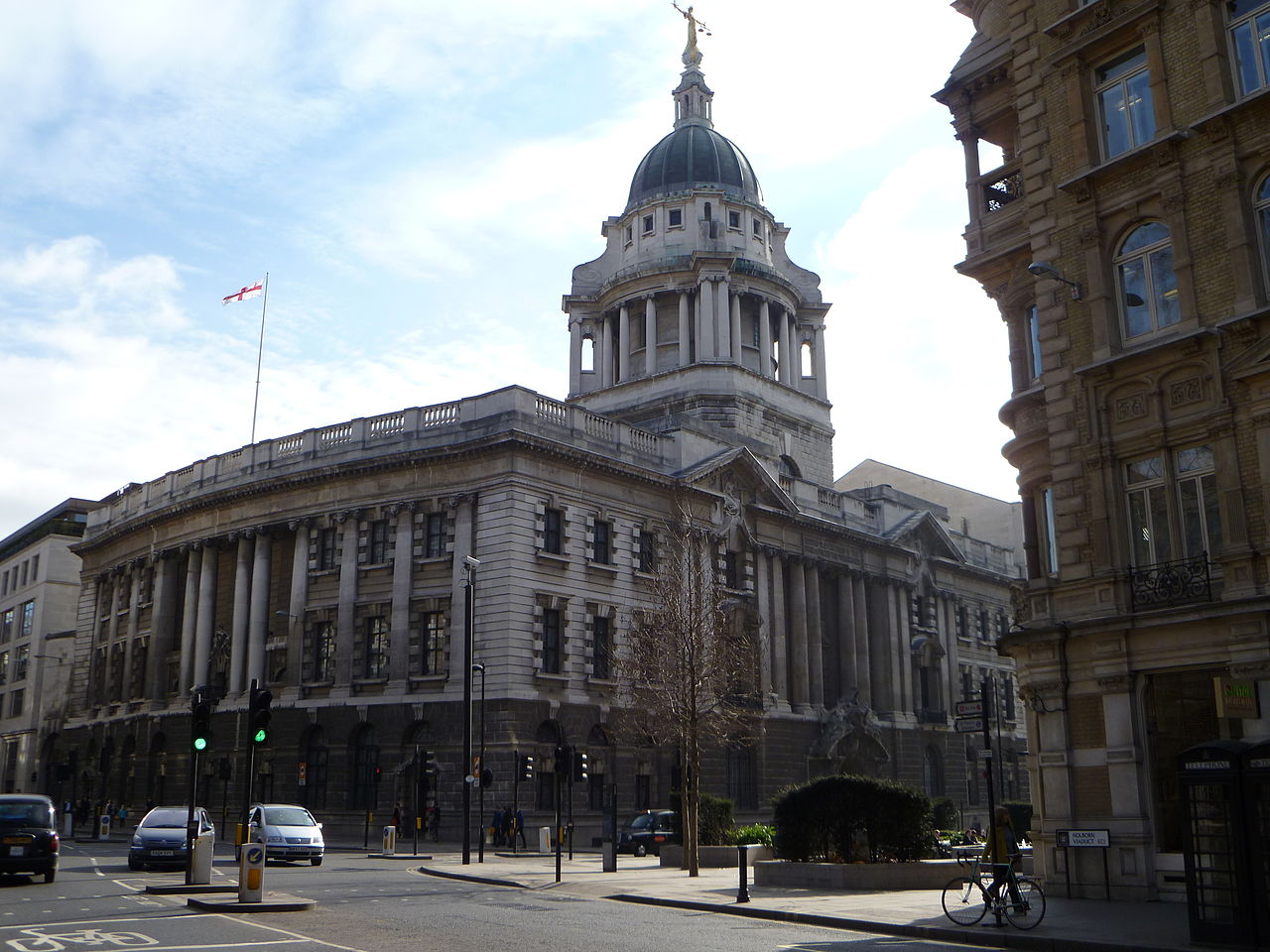Today’s impressively short Queen’s Speech contained two nuggets of interest for Index readers. Firstly, there was the mention of intellectual propety:
A further Bill will make it easier for businesses to protect their intellectual property
The debate over copyright and free speech has been fraught, with widespread criticism of governmental attempts to create laws on copyright on the web. (Read Brian Pellot on World Intellectual Property Day here here and Joe McNamee’s “Getting Copyright Right” here.)
This is something the government will have to treat very carefully, and the consultation should be fascinating.
Further in, the speech addressed crime in cyberspace:
In relation to the problem of matching internet protocol addresses, my government will bring forward proposals to enable the protection of the public and the investigation of crime in cyberspace.
Here’s more detail from the background briefing:
The Government is committed to ensuring that law enforcement and intelligence agencies have the powers they need to protect the public and ensure national security. These agencies use communications data – the who, when, where and how of a communication, but not its content – to investigate and prosecute serious crimes. Communications data helps to keep the public safe: it is used by the police to investigate crimes, bring offenders to justice and to save lives. This is not about indiscriminately accessing internet data of innocent members of the public.
As the way in which we communicate changes, the data needed by the police is no longer always available. While they can, where necessary and proportionate to do so as part of a specific criminal investigation, identify who has made a telephone call (or
sent an SMS text message), and when and where, they cannot always do the same for communications sent over the internet, such as email, internet telephony or instant messaging. This is because communications service providers do not retain
all the relevant data.When communicating over the Internet, people are allocated an Internet Protocol (IP) address. However, these addresses are generally shared between a number of people. In order to know who has actually sent an email or made a Skype call, the
police need to know who used a certain IP address at a given point in time. Without this, if a suspect used the internet to communicate instead of making a phone call, it may not be possible for the police to identify them.The Government is looking at ways of addressing this issue with CSPs. It may involve legislation.
Eagle-eyed observers will note that this echoes what Deputy Prime Minister Nick Clegg told LBC listeners on 25 April, after announcing that the dreaded Communications Data Bill (aka the “Snooper’s Charter”) was to be dropped. Clegg suggested then that IP addresses could be assigned to each individual device.
As I wrote at the time, “New proposals for monitoring and surveillance will no doubt emerge, and will be subject to the same scrutiny and criticism as the previous attempts to establish a Snooper’s Charter.”
Well, here we are.
Padraig Reidy is senior writer for Index on Censorship. @mePadraigReidy





